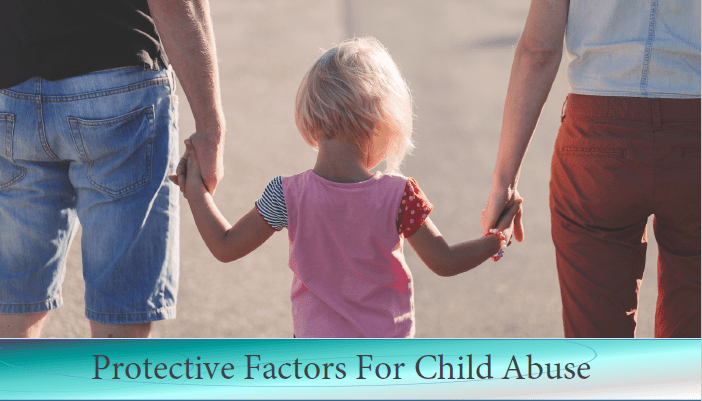opens in a new windowDownload Flyer
Prevention programs have long focused on reducing particular risk factors, or conditions that research shows are associated with child abuse and neglect. However, increasingly, prevention programs are also recognizing the importance of promoting protective factors or circumstances in families and communities that increase the health and well-being of children and families. The following six protective factors have been linked to a lower incidence of child abuse and neglect:
- Nurturing and attachment. When parents and children have strong, warm feelings for one another, children develop trust that their parents will provide what they need to thrive.
- Knowledge of parenting and of child and youth development. Parents who understand how children grow, develop, and know the typical developmental milestones can provide an environment where children can live up to their potential.
- Parental resilience. Parents who are emotionally resilient have a positive attitude, can creatively problem solve, can effectively address challenges, and are less likely to direct anger and frustration at their children.
- Social connections. Trusted and caring family friends provide emotional support to parents by offering encouragement and assistance in facing the daily challenges of raising a family.
- Concrete supports for parents. Parents need basic resources such as food, clothing, housing, transportation, and access to essential services such as childcare, health care, and mental health services, to ensure the health and well-being of their children.
- Social and emotional competence. Children with the ability to positively interact with others, self-regulate their behaviors, and communicate their feelings have relationships that are more positive with family, friends, and peers. Children without these competencies may be at greater risk for abuse.
For more information on keeping kids safe, visit our website at www.dakotacac.org
call (701) 323-5626.
This post was recently published in the Dakota Catholic Action.

